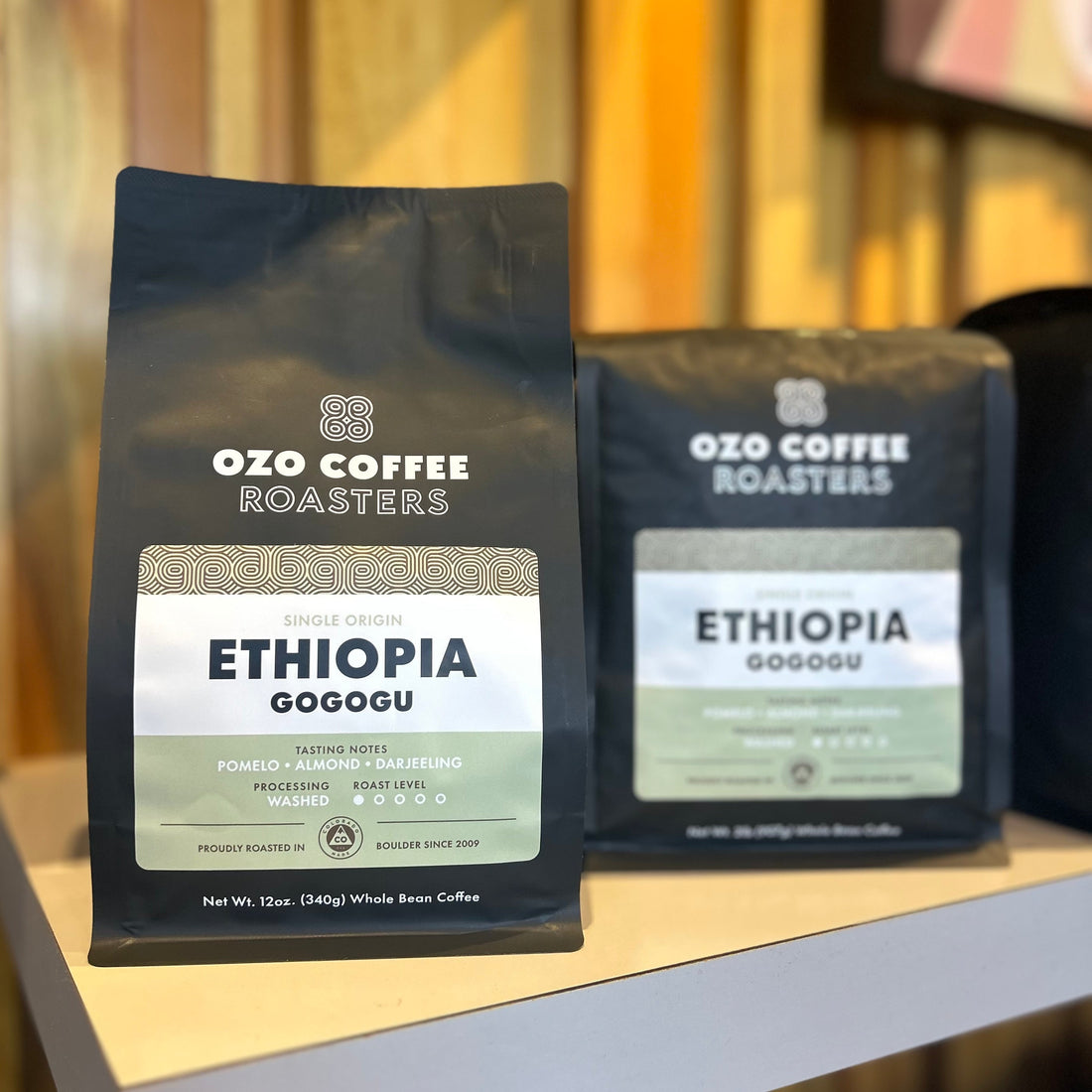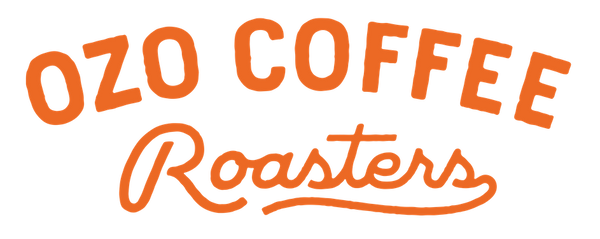
New Release: Ethiopia Gogogu – Washed Coffee from Guji Zone
Introducing Ethiopia Gogogu: A Dynamic Washed Coffee from Guji Zone
We’re excited to share our latest Ethiopian release, a stunning washed coffee from the Gogogu Washing Station in Uraga Woreda. Known for producing some of the most dynamic and complex coffees in the world, coffees from the Guji Zone continue to stand out in our summer lineup this year.

Meticulous Harvesting and Processing Practices
This coffee is harvested between November and January, and the coffee cherries are carefully handpicked and floated in water to remove defects before being depulped. From there, they undergo a 36 to 72 hour fermentation, after which they’re washed and dried on raised beds for nine to twelve days. Once dried, the coffee is hulled and prepared for export.

Supporting Over 700 Smallholder Farmers
This lot represents the work of over 700 smallholder farmers, each operating on an average of 1.5 to 2 hectares of land within a five-kilometer radius of the station. For most of these farmers, coffee is the primary source of income. In Ethiopia, coffee is typically grown on small plots alongside other crops and brought to local washing stations in cherry form. These stations manage processing and drying, combining cherries from many producers into lots. While this practice makes traceability to individual farms difficult, we attempt to connect with trusted importers and exporters to build relationships that support consistent quality and traceability.
Sourcing Through Leafy Coffee for Exceptional Traceability
This particular lot has been sourced through Leafy Coffee, a Denver-based importer and distributor of Ethiopian coffees. We had the pleasure of meeting the founder, Kidane Teklu, late last year and have been very impressed with the coffees he’s been importing. Originally from Ethiopia, Kidane graduated from CU Boulder in 2001 and has since worked extensively as a coffee professional across all areas of the supply chain. Thanks to his experience and strong ties to the farming communities in Ethiopia, he’s been able to offer us a high level of traceability and insight into the coffee’s production.
